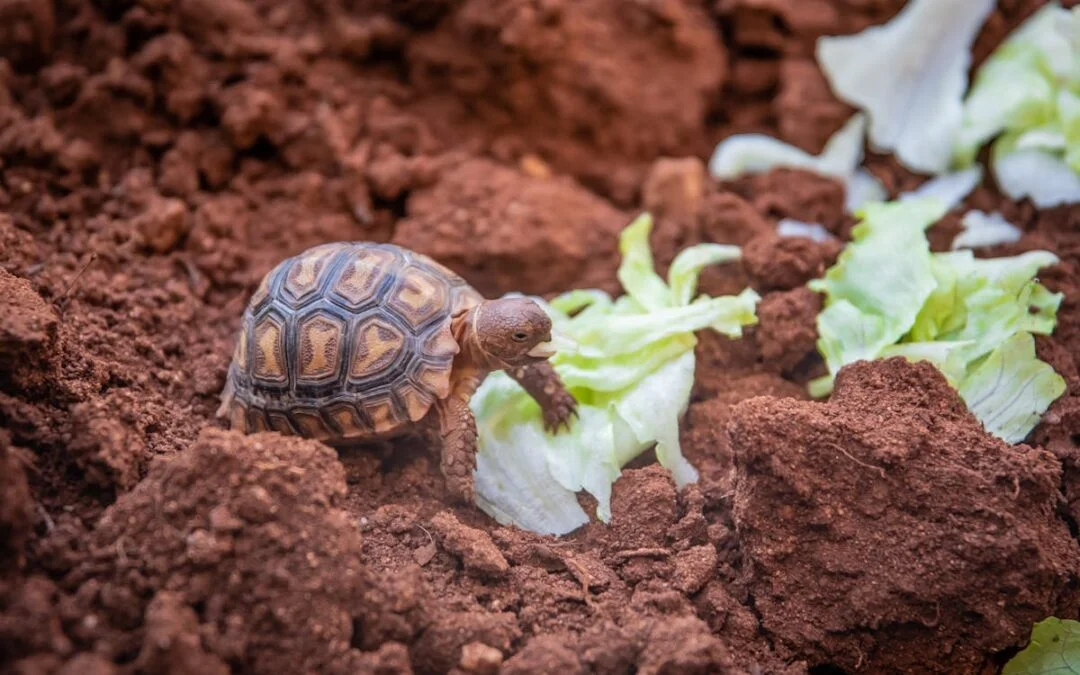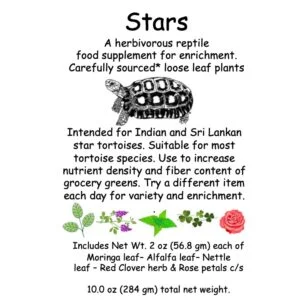Have you considered getting a pet tortoise? Are you someone in search of a quiet and fur-free companion? Or perhaps you have a child who’s been persistently asking for a pet? Fortunately, here we will provide you with some insights into what you need to know when it comes to caring for a tortoise.
Are Tortoises Great Pets?
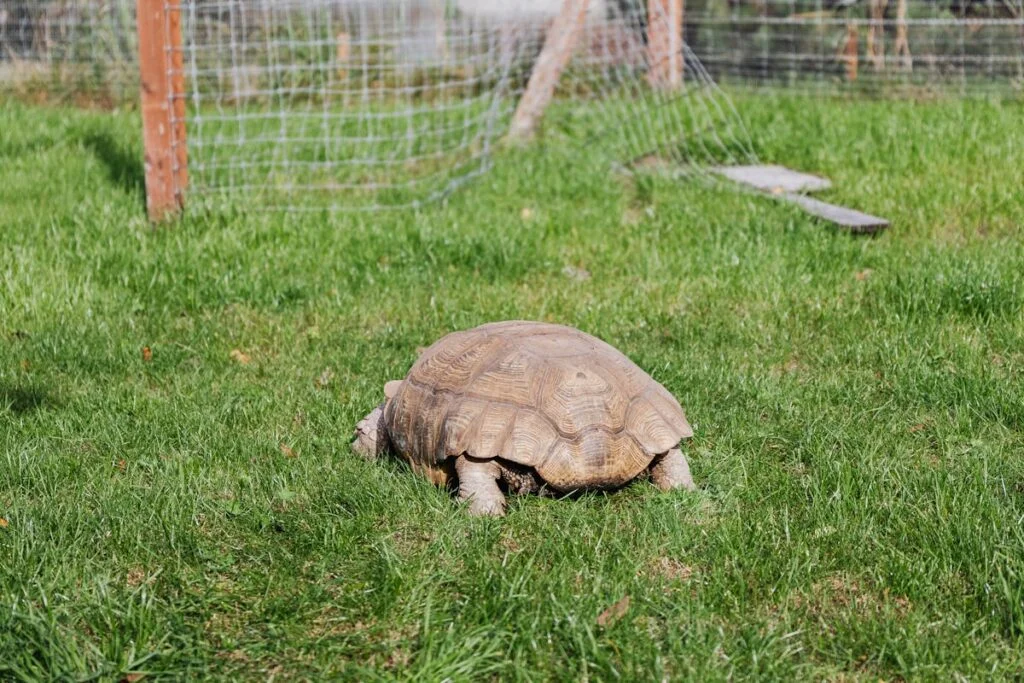
If you’re looking for a lifelong companion, then there’s no need to search any further. Compared to other pets, tortoises have longer lifespans, despite being relatively small creatures. If you acquire a tortoise as a child, chances are you’ll still have them as a companion when you reach your 50s or 60s!
Depending on the species, tortoises can live up to 50 to 100 years, with some even longer-lived! However, it’s highly recommended that before purchasing a pet tortoise, you familiarize yourself with the different species and their specific requirements.
Some require specific habitats to thrive in. They come in a variety of sizes, so it’s essential to determine what’s best for you, your family, and your lifestyle. For beginners, some well-known breeds include Russian, Spur-thighed, and Hermann’s tortoises.
Compared to other types of pets, tortoises are low-maintenance. Most of the time, you don’t need to pick them up or take them out of their enclosure; you can simply let them be. However, if you do decide to handle them, you should be very careful. The shell of a tortoise is very delicate, and they can easily get cracked if dropped, even from a low height.
There are many reasons why tortoises are considered popular pets. One of them is that, aside from being quiet, they won’t roam around your house. This is perfect if you prefer pets that stay in one place or if you want to avoid disturbing your neighbors with a noisy pet.
Ultimately, as long as you provide your pet tortoise with plenty of fresh water, proper food, and, most importantly, a cozy enclosure to live in, then there is nothing to worry about. They are indeed easy pets to care for.
How Do Tortoises Behave?
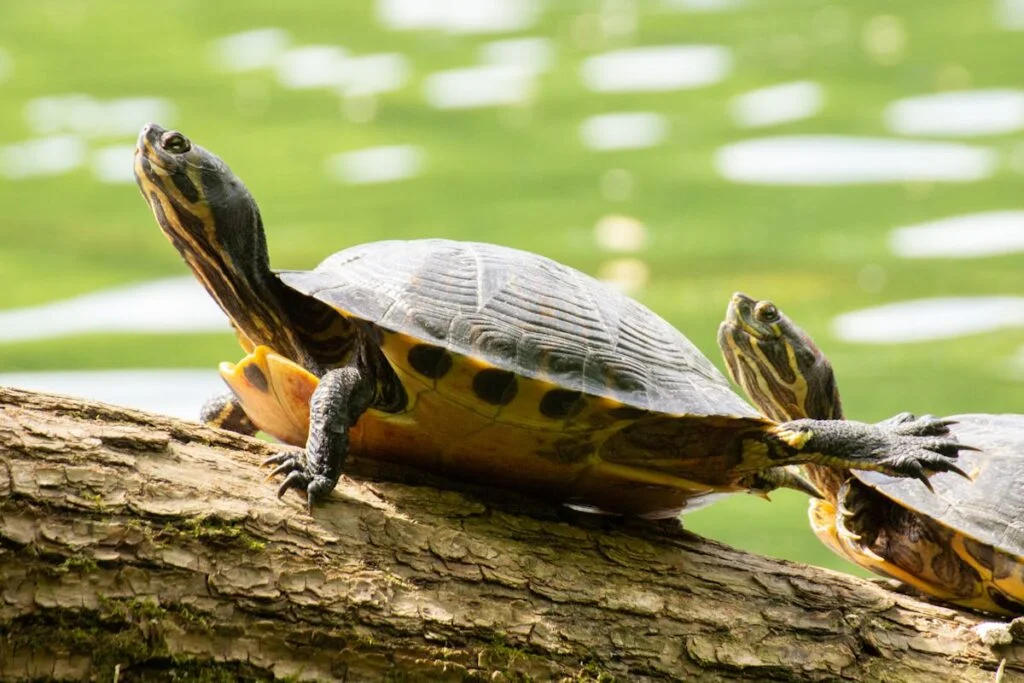
While every breed has its own distinct set of characteristics, typically, tortoises tend to be solitary and may hibernate for several months within a year. However, you may observe some changes in this behavior if you plan to keep more than one tortoise in the same enclosure.
Is It Possible to Have More Than One Tortoise?
For most breeds, it is not recommended to keep two male tortoises together. The reason for this is that they tend to become aggressive and may fight, leading to serious injuries. Therefore, if you wish to keep more than one tortoise, it might be advisable to choose one male and one female instead. This could work successfully, provided you monitor them closely, especially during the initial weeks of being together.
What’s the Proper Habitat for Tortoises?
Once you decide to get a pet tortoise, providing them with the ideal accommodation becomes crucial, primarily consisting of three components: UV lighting, a heat source, and an enclosure.
Where Should I Place My Tortoise Enclosure?
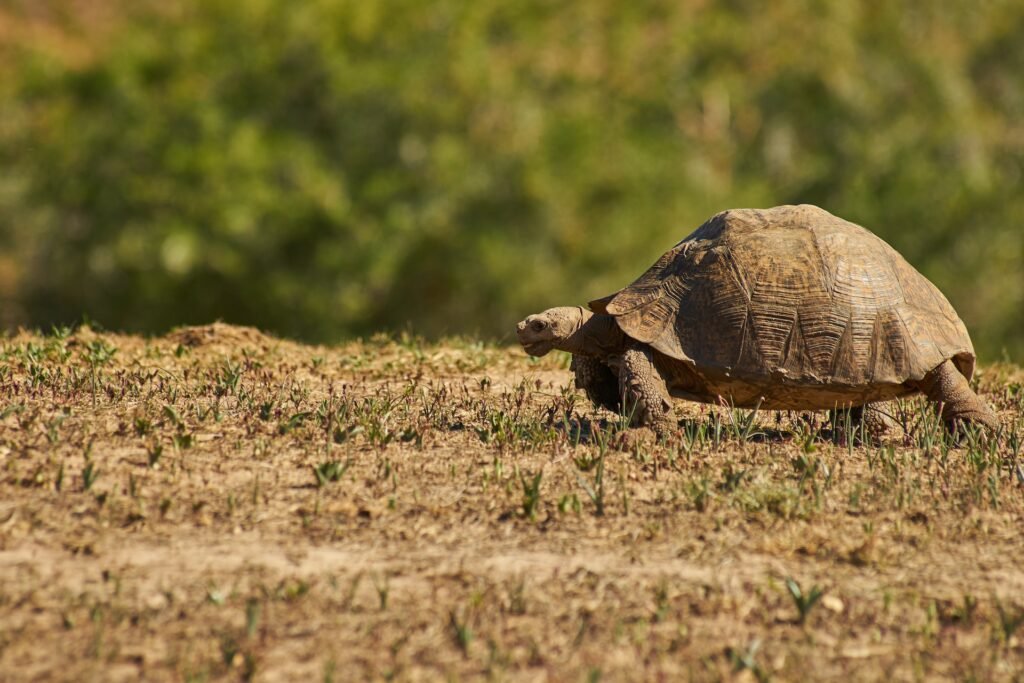
Tortoises are naturally outdoor creatures, meaning they thrive in warm, sunny areas. The sun’s natural UV rays are essential for keeping their shells healthy and aiding in self-repair.
It’s important to shield them from excessive rain, heat, and other environmental elements. Therefore, constructing a suitable enclosure that offers both space to roam and shelter is vital. In regions with long, mild winters, indoor enclosures are often preferred.
While indoor enclosures may seem limiting, they can replicate a natural environment effectively, especially with the inclusion of suitable plants. If you’re fond of indoor plants, you can create a visually appealing setup. However, it’s crucial to select plants that are safe for tortoises, as they may consume them.
These plants also provide a stimulating environment for your tortoise’s entertainment. For added creativity, incorporate features like small trees, logs, and rocks. In indoor settings, maintaining proper warmth with a UVB lamp and a heat lamp ensures your tortoise receives sufficient UV exposure.
What Should Be Included In a Tortoise Enclosure?
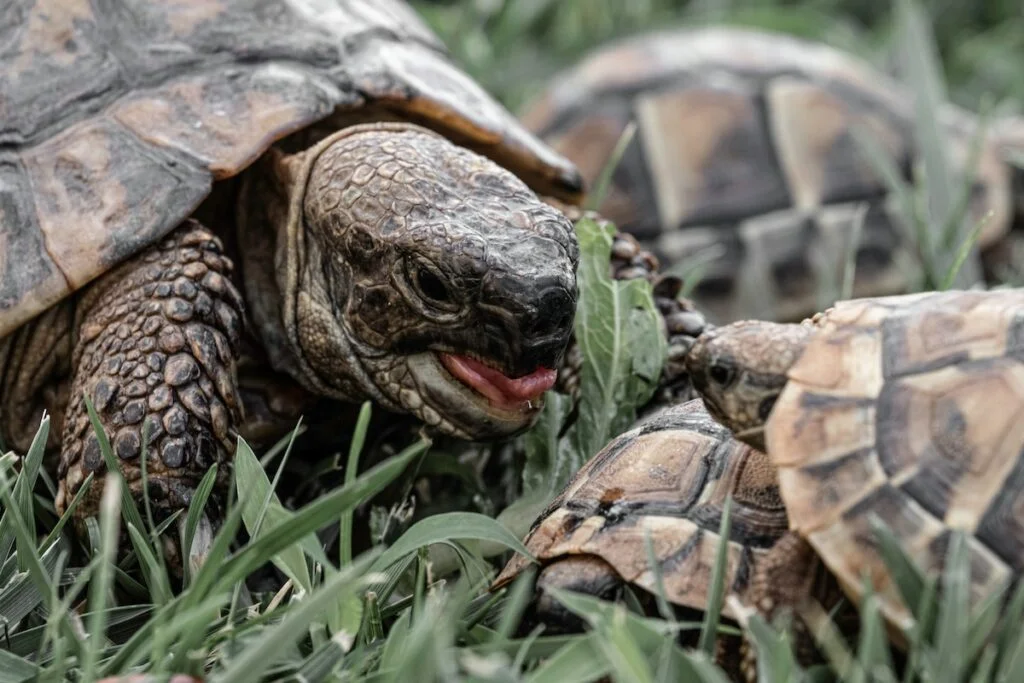
Whether you place your tortoise outdoors or indoors, a stable and sturdy tortoise table is essential, typically made of either a wooden or plastic base with a well-ventilated top.
Additionally, you’ll need a protective barrier, as some tortoises are adept at escaping. Certain breeds may attempt to dig under enclosure walls, so it’s crucial to secure the enclosure with a protective barrier made of sealed wood or concrete bricks.
Many tortoise breeds enjoy burrowing, so investing in proper bedding is advisable. There are various types of bedding available, each suitable for specific species. Options include non-treated peat, coconut husks, wood chips, or soil, provided they are free from harmful pesticides.
Regardless of the bedding you choose, regular cleaning of the enclosure is vital. Daily spot-checks for leftover food and droppings are recommended, with thorough cleaning every couple of weeks.
What Do Tortoises Eat?
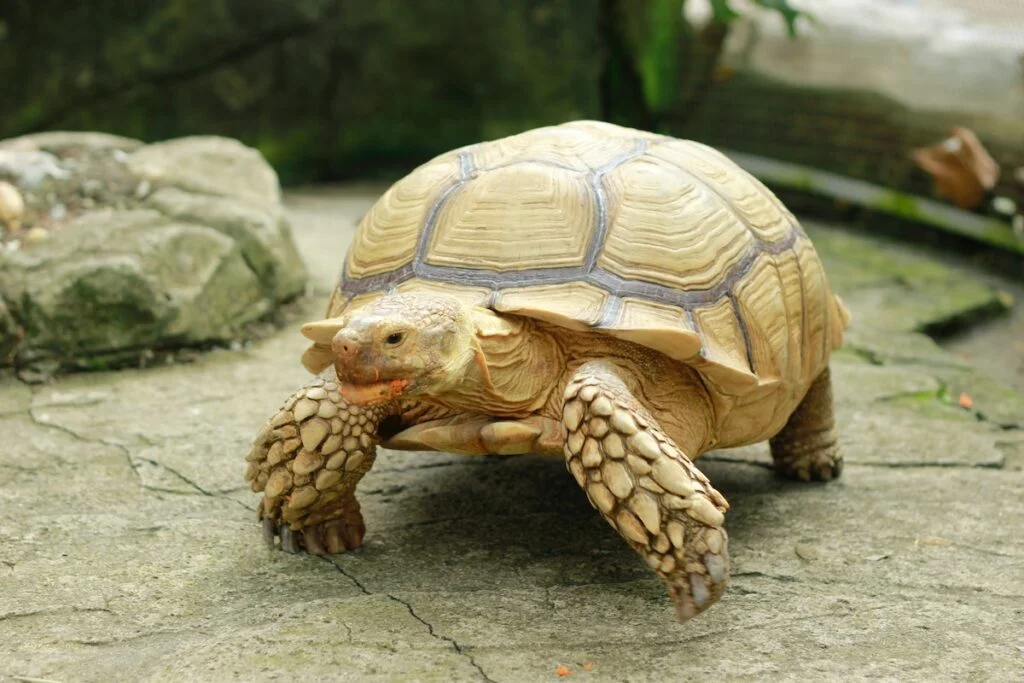
Generally, tortoises are herbivores, consuming plants and vegetables as their primary diet. However, some species may also enjoy eating insects. Keeping your tortoise content in their enclosure involves providing them with vegetable treats and snacks made from plants.
It’s essential to be cautious about what you feed them, as certain herbs and vegetables can be toxic. While many species enjoy clover and dandelions, researching the diet of specific species is important to ensure they are not consuming harmful plants.
Supplementing their diet with special reptile food is crucial. Tortoises require a diet rich in vitamins A, B, and D3, as well as phosphorus and calcium. Tortoise food can help ensure they receive the necessary nutrients for their health and happiness.
Maintaining hydration is vital, so providing fresh water in their enclosure is necessary, especially during hot temperatures. Cucumber can serve as a hydrating snack, but it’s essential to offer it in moderation.
What Are the Most Typical Illnesses of Tortoises?
Like any other living creature, pet tortoises can be susceptible to various health issues. Two of the most common ones they may face are metabolic bone disease (MBD) and respiratory infections.
At Kapidolo Farms, you can find a variety of foods for your tortoise. For more information, email us at kapidolofarms@gmail.com or call us at 215-483-7675.


